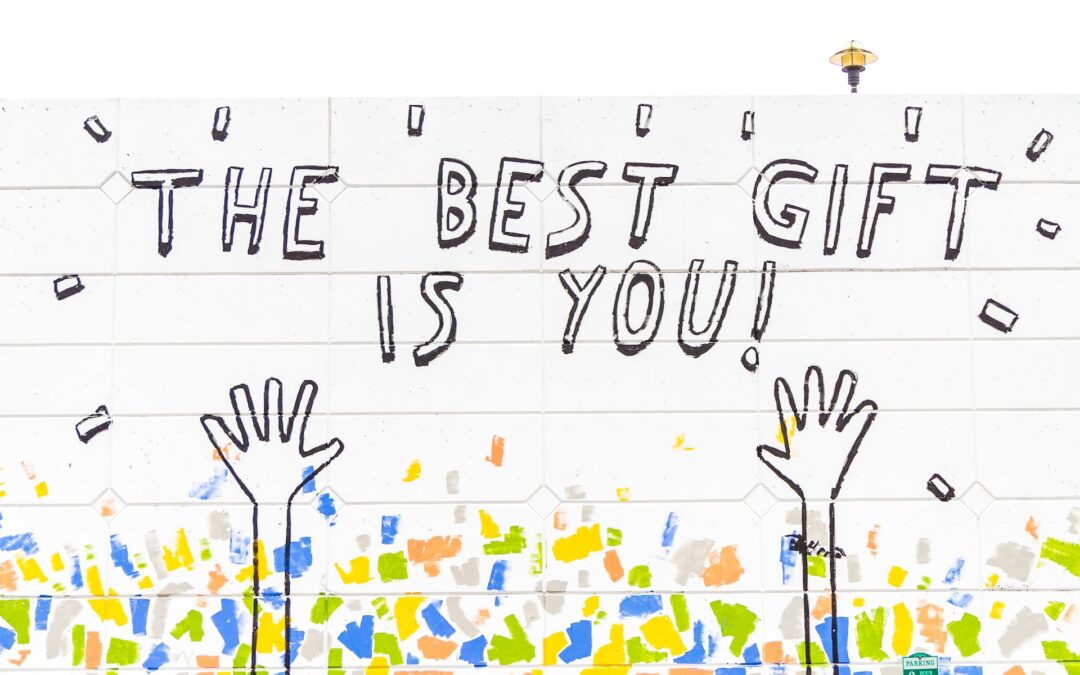In an era overwhelmed with information and a myriad of perspectives, the ability to think critically has emerged as a crucial skill for individuals in every sphere of life. Critical thinking empowers us to navigate intricate situations, make well-informed decisions, and tackle challenges with an open and discerning mind. This article delves into the importance of cultivating critical thinking skills, their relevance in diverse areas of life, and effective strategies for nurturing and enhancing them.
Introduction
Critical thinking is the ability to analyze, evaluate, and interpret information objectively and independently. It involves questioning assumptions, considering multiple perspectives, and employing logical reasoning to arrive at well-informed conclusions. In an era of misinformation and fast-paced change, critical thinking equips individuals with the tools to navigate a complex and rapidly evolving world.
Definition of Critical Thinking
Critical thinking encompasses a range of cognitive skills and dispositions. It involves skills such as analyzing, evaluating, problem-solving, and decision-making, coupled with dispositions like intellectual curiosity, skepticism, and open-mindedness. By combining these skills and dispositions, individuals can approach situations with clarity, logic, and a willingness to challenge preconceived notions.
Importance of Critical Thinking in Daily Life
Problem Solving and Decision Making
Critical thinking is essential for effective problem-solving and decision-making. It allows individuals to identify and define problems, gather relevant information, analyze potential solutions, and make well-reasoned decisions. By applying critical thinking, individuals can evaluate options, anticipate consequences, and select the most appropriate course of action.
Enhancing Creativity and Innovation
Critical thinking fosters creativity and innovation by encouraging individuals to question existing ideas and explore alternative perspectives. By challenging assumptions and thinking beyond conventional boundaries, critical thinkers can generate fresh insights, propose innovative solutions, and contribute to positive change in various fields.
Effective Communication and Collaboration
Critical thinking promotes effective communication and collaboration by fostering clear and logical expression of ideas. It enables individuals to articulate their thoughts, support arguments with evidence, and engage in constructive dialogue. Critical thinkers actively listen, consider different viewpoints, and collaborate with others to reach shared understanding and find common ground.
Analyzing and Evaluating Information
In today’s information-rich society, critical thinking is crucial for analyzing and evaluating the vast amount of information available. It helps individuals discern reliable sources, distinguish fact from opinion, and recognize biases and logical fallacies. Critical thinkers approach information critically, asking pertinent questions and seeking evidence to support or refute claims.
Avoiding Bias and Logical Fallacies
Critical thinking equips individuals with the tools to recognize and avoid biases and logical fallacies. By understanding common cognitive biases and logical errors, individuals can mitigate their impact on decision-making and ensure a more objective and rational approach.
Nurturing Independent Thinking
Critical thinking nurtures independent thinking by encouraging individuals to question authority, challenge prevailing norms, and develop their own perspectives. It empowers individuals to think for themselves, make informed judgments, and resist undue influence or manipulation.
Critical Thinking in Education
Teaching Critical Thinking Skills
Education plays a vital role in nurturing critical thinking skills. Teachers can facilitate critical thinking by creating a supportive learning environment, encouraging students to ask questions, and providing opportunities for independent thinking and problem-solving. Through classroom discussions, debates, and critical analysis of texts, students can develop their critical thinking abilities.
Incorporating Critical Thinking in Curriculum
Critical thinking should be integrated across the curriculum, transcending disciplinary boundaries. By incorporating critical thinking skills into various subjects, students learn to apply critical thinking in diverse contexts. Assignments that require analysis, evaluation, and synthesis of information help students develop these skills organically.
Assessing and Developing Critical Thinking
Assessing and developing critical thinking skills are essential components of education. Educators can employ various assessment methods, such as analyzing student arguments, evaluating problem-solving processes, or conducting critical thinking tasks. By providing constructive feedback and offering opportunities for reflection, educators can guide students in enhancing their critical thinking abilities.
Real-World Applications
Critical thinking has wide-ranging applications in personal, professional, and societal contexts. It contributes to effective leadership, problem-solving in the workplace, informed decision-making, and active citizenship. Individuals with strong critical thinking skills are better equipped to navigate complex issues, adapt to change, and contribute to positive outcomes in their respective domains.













0 Comments